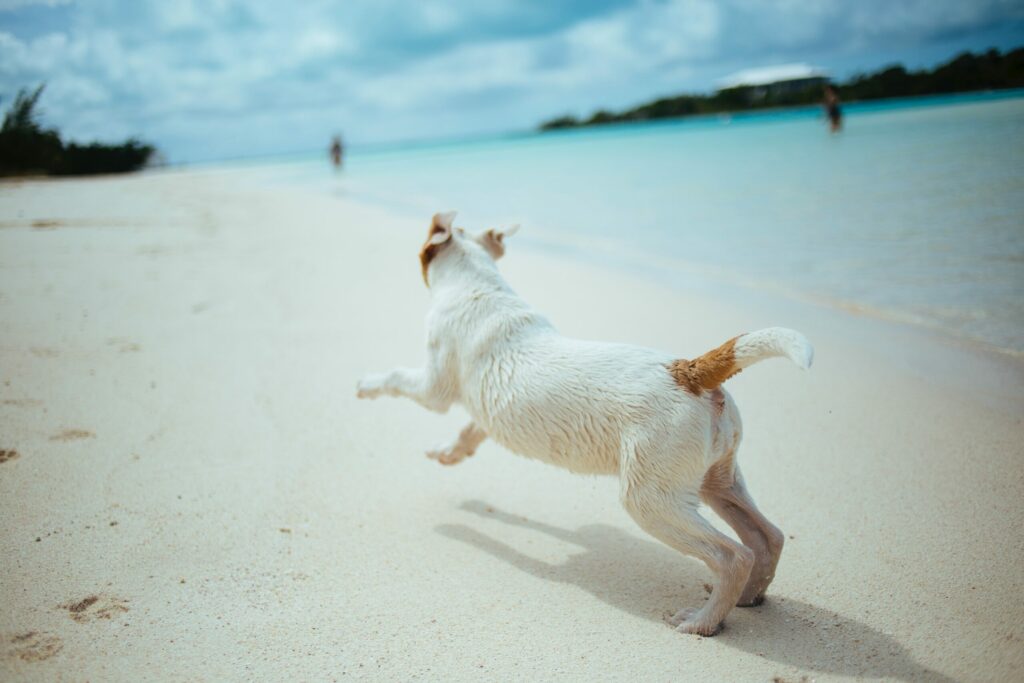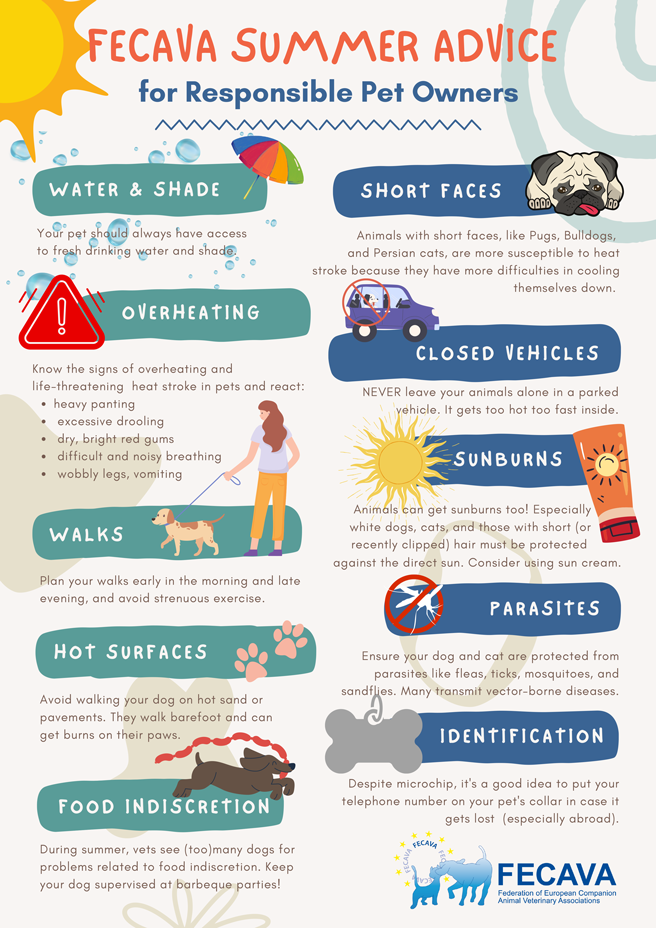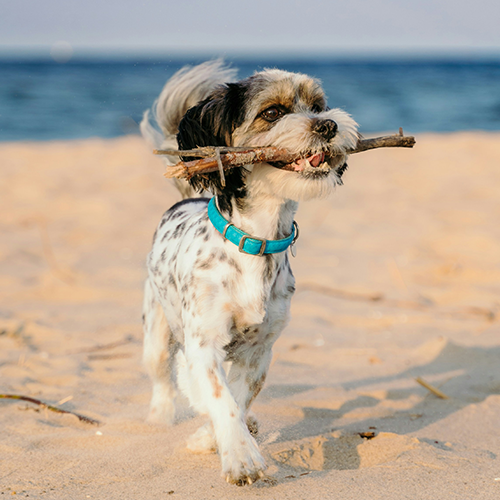
Summer is a fun season because it’s the perfect time to get out and enjoy activities with our pets. It’s the perfect time for outdoor activities and adventures with our furry friends.
But with the warmer temperatures and exposure to the sun, we must take extra care so they aren’t overheating or becoming dehydrated.
Dogs are known to cool down differently than people do – dogs pant to keep cool and sweat through their paws, cats clean and lick themselves as a method to cool down with their saliva.
Monitor for Signs of Heat Stress
It’s very important to keep an eye out for signs of heat exhaustion, such as excessive panting, drooling, lethargy, or vomiting. If you suspect your pet is overheating, move them to a cooler area, offer water, and contact your veterinarian. Be aware also that Flat Faced dogs and cats, like pugs, bulldogs or Persians and even rabbits are more susceptible to heat stroke, as they have more difficulties in cooling down.
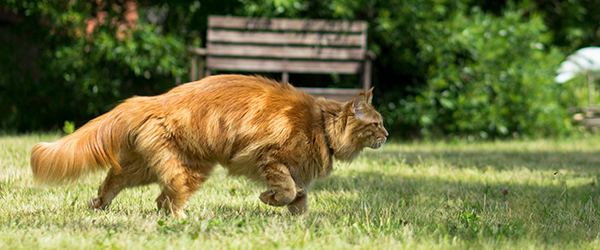
We have some tips to help you be mindful of your pets’ needs, to make sure they stay safe and healthy during the summer months.
- Provide enough water: fresh drinking water should always be available. Water can also be provided by way of ice cubes, be creative and make an ice-pop for your dog or cat as a fun treat or toy.
- Provide access to cool places, shade and shelter. There are special cooling mats for pets, but simple cooling tricks such as popping a plastic water bottle in the freezer for them can also help.
- It might seem like a good idea to be outside in the fresh air, but in the hottest moments of the day, beaches or open parks are not always a good idea as there is no shade.
- Avoid intensive exercise during the day. Dogs suffer faster from heat than people, so schedule exercises in the early morning or late evening. Dogs often do not know their own limits and will keep on playing fetch with a ball until they overheat.
- Brush your dog or cat regularly, but do not shave them! Their fur is a protection against the cold but also against the heat, as it works as an isolating layer.
- Short-haired breeds can get sunburned, so use a pet-safe sunscreen. Not sure if your pet needs sunscreen? Ask your vet! Be extra careful if your cat has white ear tips as there is a link between sunburn and malignant tumours in cats. In these cats the use of sunscreen is a must.
- Pay extra attention to their paws! A hot pavement can burn your pet’s paws, so it’s always better walk on the grass or in the shade.
- Pay extra attention to hygiene. Warm weather makes Bacteria and Algae grow rapidly. So be careful with water in puddles or ponds. And don’t leave open pet food packs outside the refrigerator for too long. Always remember to thoroughly clean their food and water bowls daily..
- In summer we also see more parasites like ticks and fleas: ask your veterinarian to advise you on the best protection products for your pets as they are the experts.
- Lastly, but very importantly: NEVER leave pets alone in parked cars, even when you leave the window cracked open! The inside of a car can quickly reach dangerously high temperatures. If you see a pet in a closed vehicle, try to contact the owner of the car or the police to save the pet.
Just like us, staying hydrated is essential to keep your fur-baby’s health and well-being. It’s even more important during hot summer months.
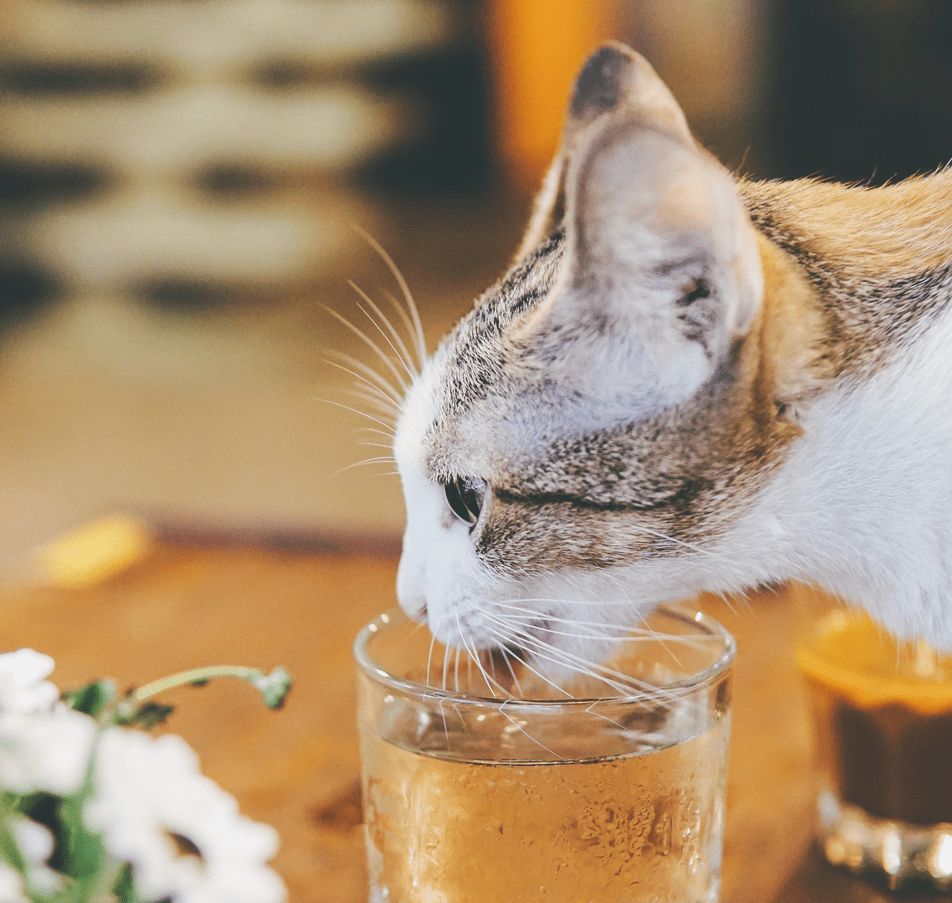
Keep an eye on water levels
It can be hard to know exactly how much water your pet is drinking, paying attention to how much has gone each time you refill their bowls can help. It can harder for cat parents, so you will need to be extra vigilant to see if they’re drinking enough.
All pets need more water during the hotter months of the year. So remember to always bring water with you when you take your dog for a walk, leave an extra bowl in your rabbit’s hutch and if your cat likes to venture outside, make sure to leave a bowl in your garden or on your terrace.
It’s also important to be mindful of the activity levels or your four-legged friends. Really active pets will drink more water than calmer pets and may need more water available.
Keeping your pet hydrated in hot days
- Have multiple water bowls of fresh water around the house to give your furry friend plenty opportunities to stay hydrated
- Some animals, particularly cats, prefer to drink running water, so automatic water fountains can stimulate them drink a bit more.
- Make them frozen treats! Ice cubes or frozen treats not only help keep them hydrated but also cool them down, great for really hot days.
- Consider wet food or add a little bit of water to their dry food. Including water in their meals or treats will also increase their daily intake and help keep them hydrated throughout the day.
- Giving you pet rabbits fresh vegetables that are rich in water also does the trick. But remember, only 15% of their daily food should be vegetables.
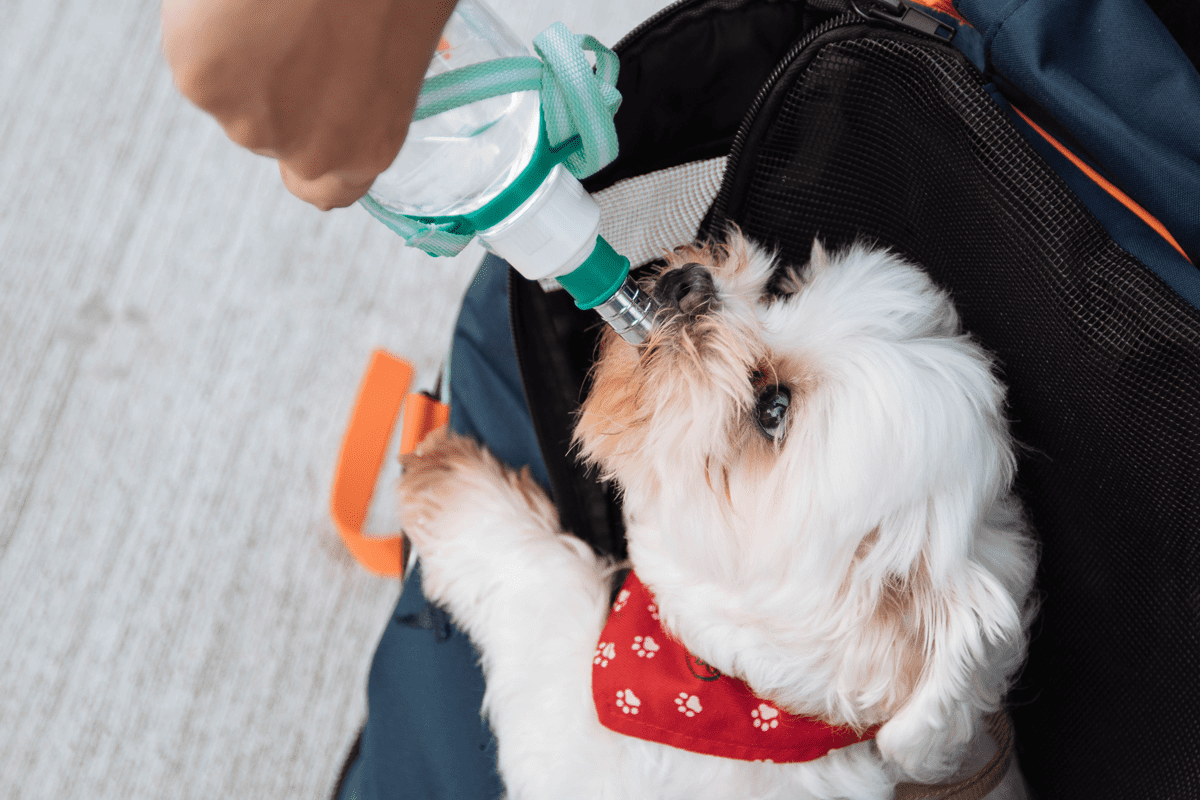
Watch out for these signs of dehydration
- Vomiting and/or diarrhoea
- Loss of energy
- Excessive, ongoing panting
- Loss of appetite
- Sunken, dry eyes
- Dry, sticky gums
- Loss of skin elasticity
- Urinating less frequently
If you have any concerns or worries always contact your vet for advice.

Caring for pets during the summer months requires special attention to ensure their wellbeing and comfort. Hot weather can bring challenges and risks for our furry friends. Here are some essential tips to help you care for your pets over the hot Summer months:
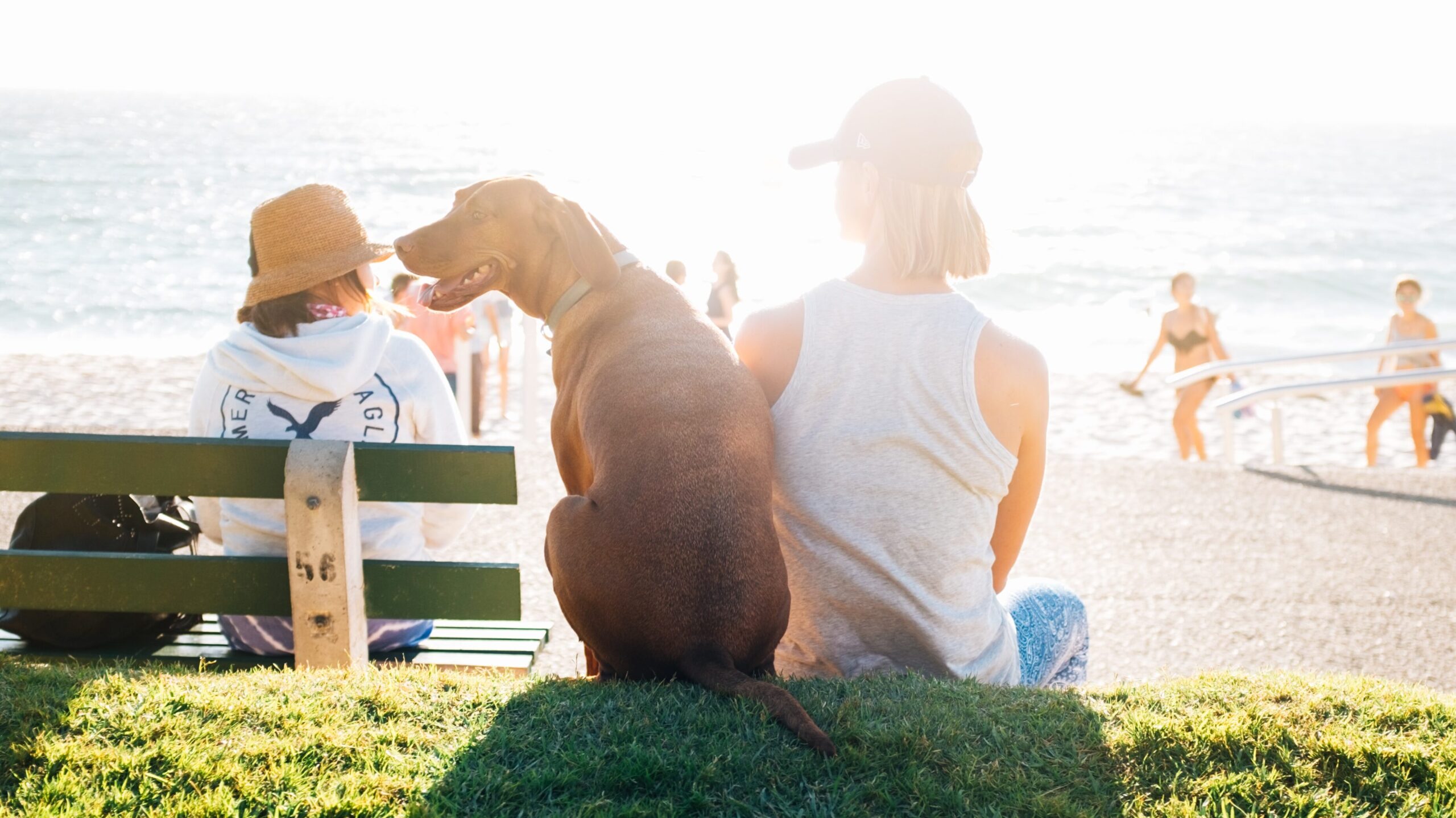
Hydration is Key:
Just like their owners, it is important to stay hydrated in the Summer heat. Pets must have access to clean, fresh water at all times. One tip is to leave multiple bowls of water around your home.
Avoid Over-heating:
Some pets find it hard to regulate their body temperature and keep cool. It’s important to keep them in calm and comfortable surroundings. Also, limit your pets’ outdoor activities during the hottest parts of the day. If you have a dog, choose cooler times of the day such as early mornings or late evenings for walks.
Provide Shade:
Ensure your pets have access to shaded areas both indoors and outdoors. You can use fans or air conditioning to create a comfortable environment. Cooling mats or damp towels can also help.
Never Leave Pets in Parked Cars:
Many holidaymakers drive long journeys for their Summer holidays. However, at home or away, never leave a pet unattended in a parked car as it can be extremely dangerous in the Summer heat.
Avoid Hot Surfaces
Remember that pet’s paws can burn on hot surfaces. If you walk your dog in the cooler parts of the day, this may not be a problem. However, the grass in your garden can also heat up and burn your pet’s paws so take care.
Watch for Heatstroke:
If you suspect your pet has heatstroke, move them somewhere cool, provide water and consult your vet with any concerns.
Watch out for Fleas, ticks, and mosquitoes:
Parasites are more prevalent during the summer months. Make sure your pets are protected with the appropriate flea and tick treatments. Small mammals such as Guinea Pigs can suffer from infestations in the heat, so do take care and consult your vet for any advice or treatment.
Plan your holiday pet care:
If you are planning a Summer holiday, make sure you have appropriate pet care sorted. Make sure your sitter is briefed on your pet’s usual routine, pet food and vet’s contact details.
Research if travelling with your pet:
If you are travelling abroad, you need to do some research as requirements will depend on destination. Always consult your vet and it is likely there will be paperwork and possibly quarantine requirements. Ensure that your insurance covers your pet’s holiday and locate the nearest veterinary practice. If you are staying closer to home, do your best to stick to your pet’s usual routine to make them feel as comfortable as possible.
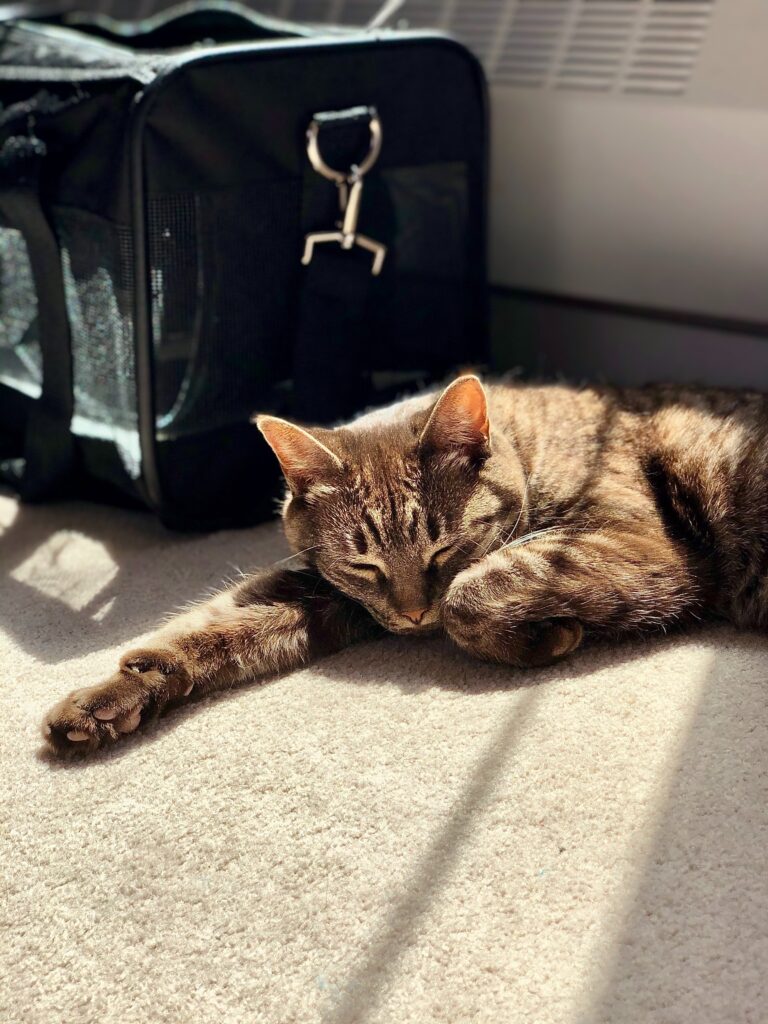
Monitor your pet’s appetite:
Your pet’s appetite may be affected by the Summer heat and any changes to routine can make them anxious resulting in a reduced appetite. You can help your pet by ensuring it’s routine is as normal as possible and by providing a cool environment for feeding time. You may need to provide smaller and more frequent meals although take care it doesn’t spoil in the heat. Staying hydrated is always important too.
By following these tips, you can help your pets stay healthy, happy, and safe through the Summer season.
Summer is finally here and so are the high temperatures typical of the warmest season of the year. Just as we may be affected by the warm weather, we should remember that our pets may be affected as well! Read our blog for some tips and tricks on how to care for pets during the summer season.
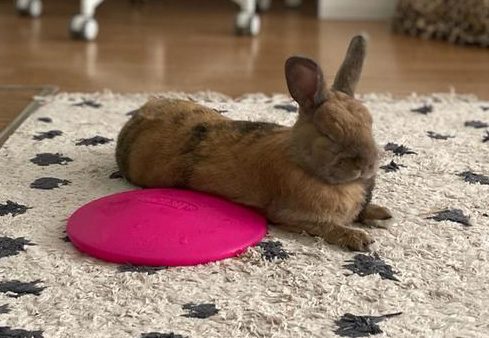
Provide plenty of water and shade
Unlike people, pets have a limited ability to cope with the heat of summertime as they cannot sweat through the skin on their bodies. Therefore, dehydration can be a big problem for all types of pets during summer season. Rabbits need plenty of water during hot weather as they can risk dehydration. You can encourage your rabbit to drink more in several ways, such as providing both sipper bottles and bowls of water as well as giving them fresh vegetables. Moreover, animals with flat faces, like Pugs and Persian cats, cannot pant as effectively as other breeds of dogs and cats, so you need to make sure that they are properly hydrated as they are more susceptible to heat stroke. Another category of pets that are at risk in summer are elderly or overweight ones or those with heart and lung diseases. Finally, you should also avoid walking your dog during the warmest times of the day and never leave them in hot cars, as rapid rises in temperature can be fatal for them.
Be aware of nature’s dangers!
Another danger for your pet in summer is the presence of ticks, bugs and other nature that can be poisonous. Generally, cats and dogs enjoy chasing after insects, like wasps and bees, which may result in them being stung. While this is usually not a problem for them, multiple stings, especially in the mouth, could cause a severe allergic reaction. Symptoms include general weakness, breathing difficulties, and excessive swelling. Another danger for pets are ticks, which can be found in grassy, wooded areas. Ticks can cause infection and can be very irritating for your pet, but if removed within 24 hours, infection can usually be prevented. Finally, blue-green algae forming on the top of the water is also highly toxic for dogs and they can be found in some ponds and lakes. Some advice on protecting your dog from blue-green algae can be found here.
Apply sunscreen if needed
Some pets, especially those with short hair and pink skin, may be at risk of sunburn. You can ask your vet for advice on which types of sunscreen to apply to your pet to protect your four-legged companion.
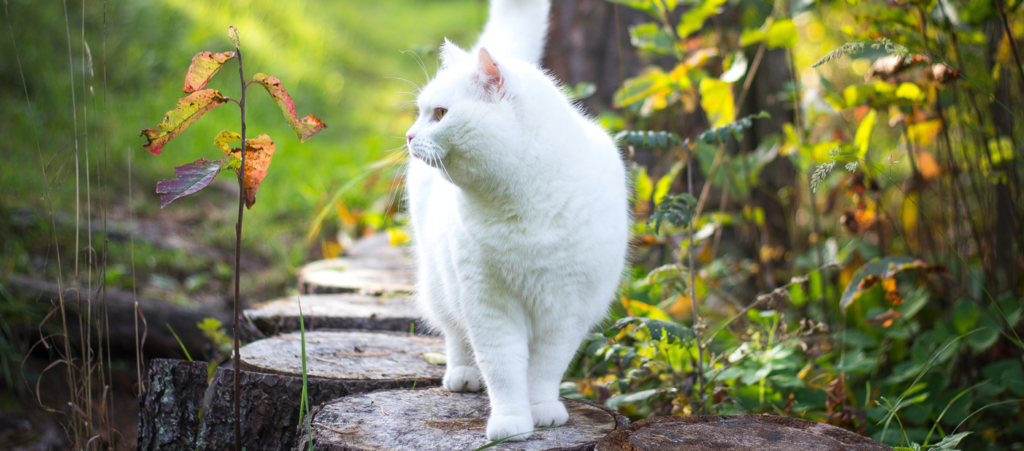
Ensure water safety
Although bringing your dog to the beach or the lake can be a fun way to bond with your pet, make sure to keep an eye when your furry friend is in or near the water. First of all, if it is the first time taking your dog to the beach, be aware that they may need help swimming for the first time. Moreover, make sure that your dog is not drinking too much seawater as the high salt content can cause problems for your furry friend’s stomach. Also be aware that dogs can also be stung by jellyfish just like us. This can cause vomiting, swelling, excessive licking, and difficulty breathing. If you suspect your dog has been stung, contact the nearest vet immediately.
